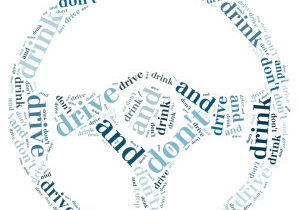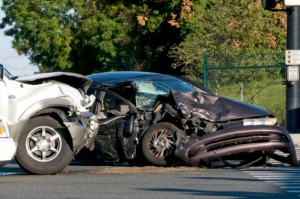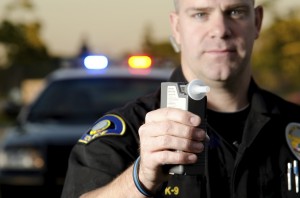Vehicular Homicide
Felony Death by Vehicle, Accidents with Injury Cases
If you have been charged with a DUI (Driving Under the Influence) or DWI (Driving While Impaired) in a motor vehicle accident resulting in the death or serious injury of another person, then you are facing a felony charge under North Carolina law. North Carolina takes the most aggressive stance towards DUI/DWI offenses that involve injuries. In the case of DWI with injuries, a clean criminal history or driving record is irrelevant. If a death or serious injury results while you are driving a motor vehicle under the influence of alcohol or are otherwise impaired, you will be charged with a felony, subjecting you to penalties amongst the harshest available under North Carolina law.
FELONY DEATH BY VEHICLE
Felony Death by Vehicle is a Class D felony in North Carolina, punishable by imprisonment, the permanent loss of your driving privilege, and the imposition of fines completely within a judge’s discretion. While a Felony Death by Vehicle charge is often referred to as a charge for “Felony Vehicular Homicide,” “Felony Vehicular Manslaughter,” or “Felony DWI/DUI,” each of these terms refers to the same criminal offense, a DUI/DWI resulting in a fatal injury. There are 3 essential elements the State must prove to secure a conviction for Felony Death by Vehicle:
- The unintentional killing of another;
- The criminal offense of Driving While Impaired (DWI); and,
- That the DWI is the “proximate cause” of the death
Proximate cause is a legal term of art. In this context, it means that the death would not have occurred but for the DWI. The State is not required to show that the DWI is the only cause or even the most likely cause of a person’s death, but only that it was a contributing factor in all of the circumstances that may have contributed to the victim’s death.
If you are involved in a DWI resulting in death and have a previous DWI conviction any time within the preceding 7 years, you may also face the more serious charge of Aggravated Felony Death by Vehicle. If you have a previous conviction for a DWI-related death, then you may face charges for Repeat Felony Death, the most serious of all DWI-related death offenses in North Carolina.
FELONY SERIOUS INJURY BY VEHICLE
Felony Serious Injury by Vehicle is a Class F felony punishable by imprisonment, the loss of your driving privileges for up to 4 years, and the imposition of hefty fines. There are 3 essential elements the State must show beyond a reasonable doubt in order to secure a conviction for Felony Serious Injury by Vehicle:
- The unintentional causing of serious injury to another;
- The criminal offense of Driving While Impaired (DWI); and,
- That the DWI is the “proximate cause” of the serious injury.
Under North Carolina law, “serious injury” is any physical injury causing great pain and suffering. It is found in cases involving injuries requiring hospitalization or resulting in lost wages. In cases involving a previous DWI conviction anytime within the preceding 7 years, the more serious charge of Aggravated Felony Serious Injury applies. A Class E felony, this charge subjects you to harsher penalties, a longer jail sentence, and the permanent loss of your driving privilege.
Why You Need DeMent Askew Johnson & Marshall:
Cases involving DWI-related deaths or serious bodily injuries require the legal expertise only an attorney experienced in these matters can offer. These cases are delicate. They impact the community at large, attract the focused attention of the public, and placing the highest political pressure on law enforcement.
At DeMent, Askew & Johnson, our attorneys have handled countless felony death by vehicle cases in and around Wake and Carteret County. Each has been devasting to everyone involved. With over four decades of experience, our traffic attorneys have defended thousands of serious traffic offense charges. If you’ve been arrested for DWI with a serious injury or death, call today for a free consultation. 919-833-5555.
(919) 833-5555

DWI Legal Services
OTHER CRIMINAL DEFENSE MATTERS
Get our PDF Tip Sheet:
"Guide to DWIs in North Carolina"





































